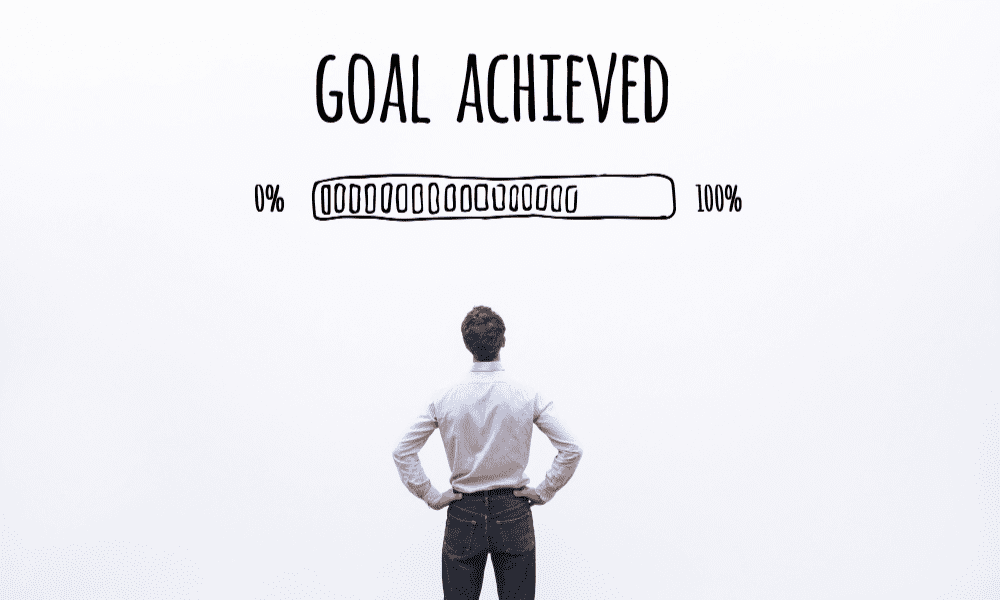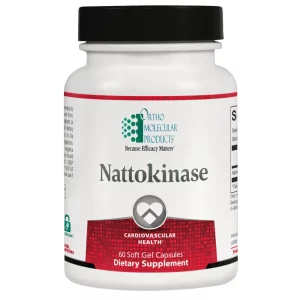Strategies for Successful Behavior Change, Part 1

Spring is in the air… A time of new beginnings… The luster of New Year’s resolutions is perhaps beginning to fade and yet you want to keep momentum continuing in 2021. You envision a new and healthier You.
Sounds great!
Let’s talk for a moment as I lay out for you some of my most successful strategies for behavior change.
#1 Set goals that focus on processes, not outcomes.
“I want to lose 20 lbs. by June 1st” … “I want to pay off $5,000 of credit card debt by the end of summer”… “I want to hike 10 miles with my spouse by the 4th of July.”
What’s wrong here?
These are laudable goals, but I will propose to you that there is something wrong with the way they are written. The problem is that these goals focus on an outcome but not on the process needed to get you there.
Outcome: “I want to lose 20 lbs.”
Process: “I will eat less sugar and carbs and start intermittent fasting.”
Outcome: “I will pay off $5,000 credit card debt.”
Process: “I will set aside $200 from each paycheck to pay down the card.”
The process is something you have control over, but the outcome is often something you do not. The process is something that is within your power to manage on a daily basis. It is something sustainable.
If you focus on an outcome (lose 20 lbs.) you may not spend the time needed to develop a healthy and sustainable process to get you there. You are tempted to succumb to fad diets and gimmick exercise programs because you are over-focused on your goal.
What if 20 lbs. of weight loss aren’t realistic for your age? Your body type? Your genetics? Where did that number come from, anyway?
And if you fall short of your goal (i.e., you lose 18 lbs.), what happens? You’ll likely feel disappointed and upset. Then, having “failed,” you return to your previous patterns and the weight comes back… Roller coaster to nowhere.
Instead, it’s much better to focus on creating a healthy, sustainable process that you can control every day (eat fewer carbs and sugar) and to let the “chips fall where they may” as regards the weight loss. Let’s say you lose 18 lbs.: Is that failure? Not really – cause now you now have a long-term habit of sustainable healthy eating and you are 18 lbs. down from where you started (certainly better than nothing!).
And so, my friend, as you consider building the New You, let’s set our eyes on creating healthy processes that will carry you towards success.
Onwards and Upwards,
Dr. Turner












